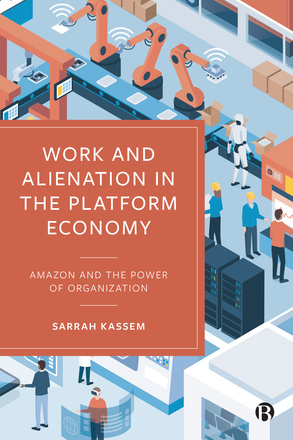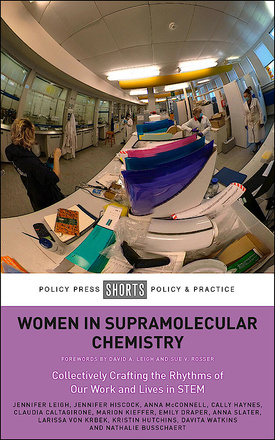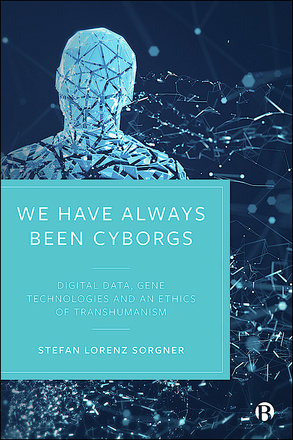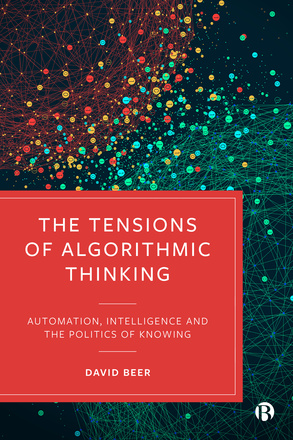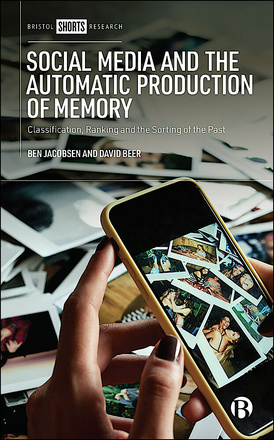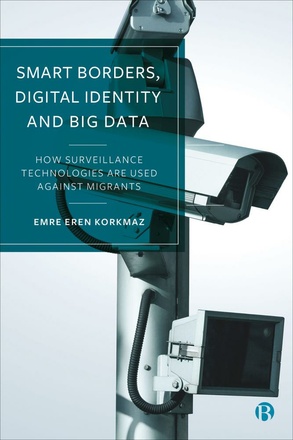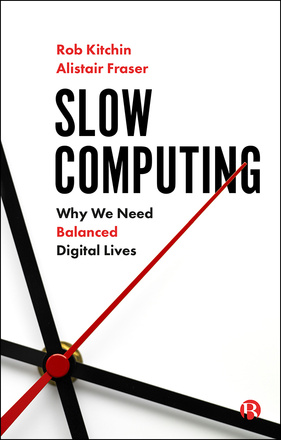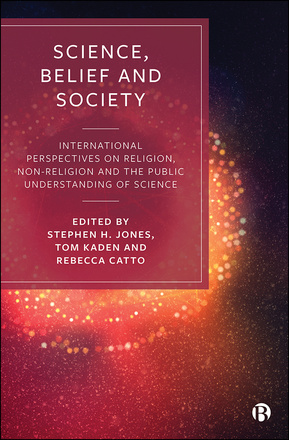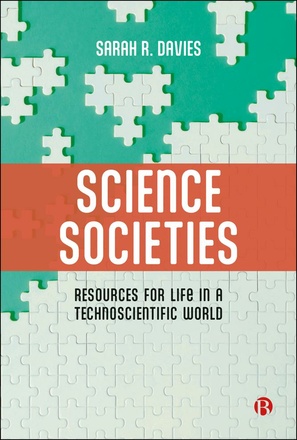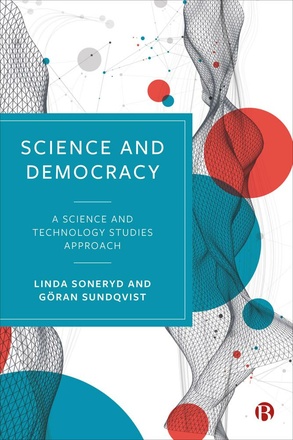Science, Technology and Society
Work and Alienation in the Platform Economy
Amazon and the Power of Organization
Drawing on interviews with Amazon workers and original empirical data, this book explores how different working conditions estrange and alienate workers, and how, despite these, workers find ways to organize and express their agency. This is an important analysis of work on the digital shop floor for the scholars of platform economy.
Women in Supramolecular Chemistry
Collectively Crafting the Rhythms of Our Work and Lives in STEM
EPDF and EPUB available Open Access under CC-BY-NC-ND licence. Drawing on research carried out by the Women in Supramolecular Chemistry network, this book sets out the extent to which women working in STEM face inequality and discrimination. It offers a path forward to inclusivity and diversity.
What Is Cybersecurity For?
Cybersecurity is one of the key practical and political challenges of our time. This book explains the complexities of global information systems, the challenges of providing security to users, societies, states and the international system, and the multitude of competing players and ambitions in this arena.
What Do Corporations Want?
Communicative Capitalism, Corporate Purpose, and a New Theory of the Firm
Drawing on communicative and new materialist theorizing, along with three insightful case studies, this book thoroughly redefines our understandings of what corporations are “for.”
We Have Always Been Cyborgs
Digital Data, Gene Technologies, and an Ethics of Transhumanism
This visionary new book explores the critical issues that link transhumanism with digitalisation, gene technologies and ethics. It examines the history and meaning of transhumanism, offering insightful reflections on values, norms and utopia.
The Tensions of Algorithmic Thinking
Automation, Intelligence and the Politics of Knowing
In this pioneering book, David Beer redefines emergent algorithmic technologies as the new systems of knowing. He examines the acute tensions they create and how they are changing what is known and what is knowable.
Social Media and the Automatic Production of Memory
Classification, Ranking and the Sorting of the Past
Social media platforms hold vast amounts of data about our lives. Content from the past is increasingly being presented in the form of ‘memories’. Critically exploring this new form of memory making, this unique book asks how social media are beginning to change the way we remember.
Smart Borders, Digital Identity and Big Data
How Surveillance Technologies Are Used Against Migrants
In recent years, UN agencies, global tech corporations, states and humanitarian NGOs have invested in surveillance technologies to support migrant communities and streamline their management.
This book reveals the way in which they grant extensive powers to states and big tech corporations to control communities.
Slow Computing
Why We Need Balanced Digital Lives
Is it possible to experience the joy and benefits of computing in a way that asserts individual and collective autonomy?
Drawing on the ideas of the ‘slow movement’, Slow Computing sets out numerous practical and political means to take back control and counter the more pernicious effects of living digital lives.
Science, Belief and Society
International Perspectives on Religion, Non-Religion and the Public Understanding of Science
This wide-ranging book critically reviews the ways in which religious and non-religious belief systems interact with scientific methods, traditions and theories. Moving beyond the traditional focus on the United States, the book shows how debates about science and belief are firmly embedded in political conflict, class, community and culture.
Science Societies
Resources for Life in a Technoscientific World
Scientific and technical expertise, now largely understood as the ultimate source of authoritative knowledge, are vital to how our societies operate. This punchy introduction to thinking about science-society relations draws on research and concepts to argue for the importance of knowing.
Science and Democracy
A Science and Technology Studies Approach
An invaluable resource to help understand the role of scientific knowledge in governance, societal developments and democracy, this accessible book introduces students to perspectives from the field of science and technology studies.







